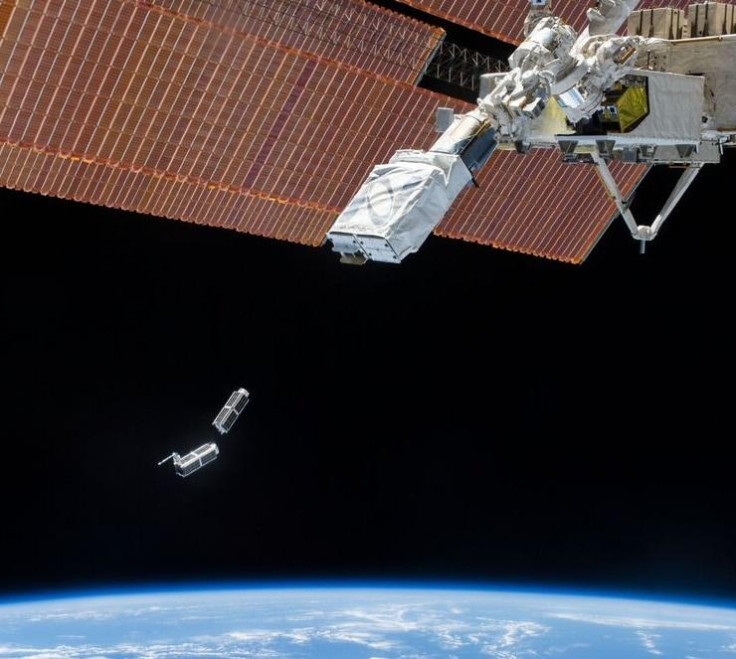American, Russian satellites may collide, US Air Force warns
If these satellites collide, it may create a lot of space debris.
A private American space company, Bigelow Aerospace has warned that an American and a Russian satellite may collide on Wednesday. The satellites that are at risk are Bigelow's Genesis II spacecraft and a defunct Russian spy satellite.
"Today, we were notified by the US Air Force that there is a 5.6% chance that Genesis II will collide with dead Russian satellite Cosmos 1300 in 15 hours. Although this is a relatively low probability, it brings to light that low Earth orbit is becoming increasingly more littered," Bigelow Aerospace Tweeted on Tuesday.
The resultant space debris, should the collision not be averted, may create issues in space.
Today, we were notified by the US Air Force that there is a 5.6% chance that Genesis II will collide with dead Russian satellite Cosmos 1300 in 15 hours. Although this is a relatively low probability, it brings to light that low Earth orbit is becoming increasingly more littered. pic.twitter.com/l6McbDgRNo
— Bigelow Aerospace (@BigelowSpace) September 17, 2019
"Future habitable space stations will face this reality and danger. The proliferation, if not controlled in number, could become very dangerous to human life in low earth orbit," the company stated in a follow-up tweet.
So what is Genesis II? It is an experimental habitat that went into space in 2007 but was declared defunct in 2011, following a failure in the manoeuvering system. It remains in orbit but is no longer collecting data. It is expected to de-orbit around 2020s if it avoids this collision. The Russian satellite at risk is the Cosmos 1300 surveillance satellite, which was made by the Soviet Union in the 1980s.
While the odds of the collision are only around 5.6 percent which is considered low-risk, but it is still a significant event, which, if it takes place, could create a lot of space debris.
Space debris is increasingly becoming a problem and no mechanism to curtail it or get it back to earth. With an increasing number of satellites in orbit and some of them going defunct every year, it will continue on an incremental scale.
The most efficient mechanism would have been getting defunct satellites back to earth and taking care of them. However, since that is not possible currently, a simple mechanism is followed – scientists simply wait for them to leave earth's orbit and venture freely into space.

© Copyright IBTimes 2025. All rights reserved.





















